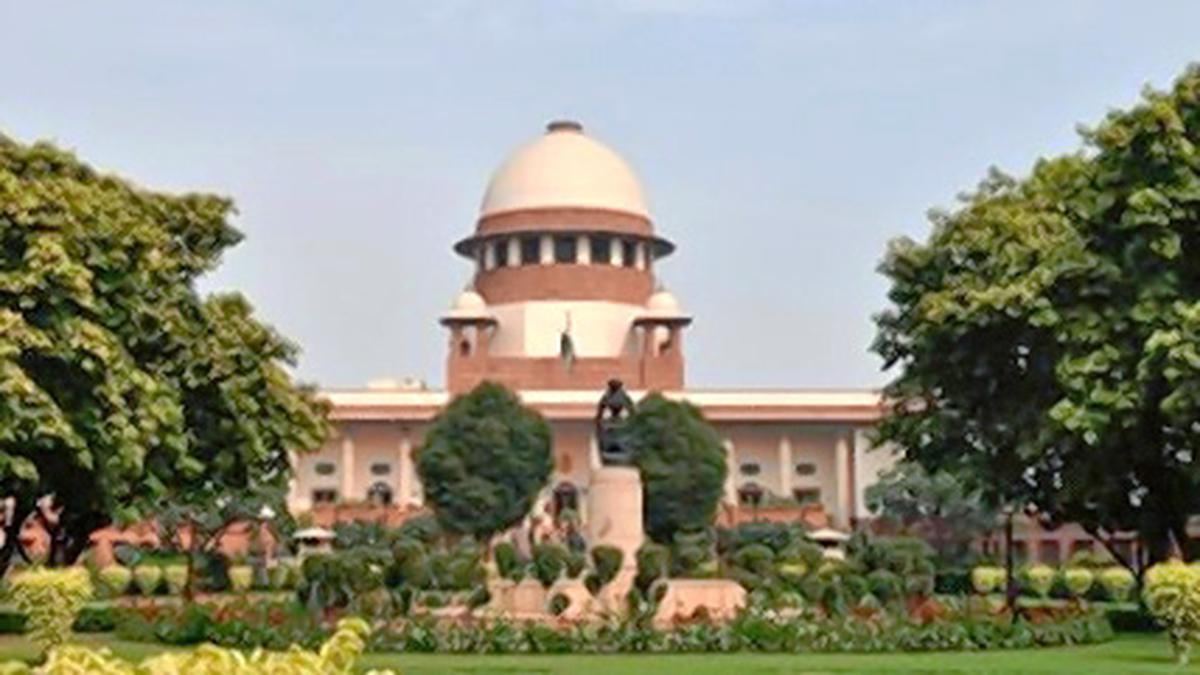Now Reading: Governors Serve as Checks on States’ Hasty Laws: Centre to Supreme Court
-
01
Governors Serve as Checks on States’ Hasty Laws: Centre to Supreme Court
Governors Serve as Checks on States’ Hasty Laws: Centre to Supreme Court

Quick Summary
- Teh Union government has opposed a Supreme Court judgment imposing timelines on Governors and the President for processing State Bills, arguing this infringes upon their constitutional discretion.
- The April 8 judgment by the Supreme Court set a three-month deadline for decision-making on State Bills and stipulated that Governors be bound by the “aid and advice” of State Legislatures. It also introduced “deemed assent” for delayed Bills under article 142 of the Constitution.
- Tamil Nadu’s submission counters that Presidential References should not undermine final judgments of the Supreme Court’s Article 141 authority, arguing these questions on powers are already resolved.
- Solicitor General Tushar Mehta, representing the Center, emphasized that Articles 200 and 201 do not prescribe specific time limits intentionally; judicially imposed deadlines would amount to constitutional amendments.
- Mr. Mehta argued Governors are “constitutional actors” with democratic legitimacy who possess discretionary powers under Article 200 to independently assess legislation, even without instructions from State Legislatures or Councils of Ministers.
- The Centre contended that “deemed assent,” implied timelines under Articles 200/201, or mandatory advice-seeking from SC via Article 143 distort essential separation of powers in India’s federal structure.
Indian Opinion Analysis
The debate highlights tensions between judiciary-driven procedural reform and executive independence within India’s federal framework. While efficient gubernatorial clearance is essential for smoother legislative activity at state levels, interventions like judicially-imposed deadlines risk undermining constitutionally-granted executive discretion. This case raises critical concerns about respecting institutional boundaries: while courts aim to ensure timely governance processes under public scrutiny,they must avoid appearing as legislative arbiters.
Tamil Nadu’s stance underscores its discomfort with reopening settled legal principles through a Presidential Reference-this could set precedents affecting judicial finality nationwide. Simultaneously occurring, arguments presented by Mr. Mehta point toward balancing urgency in governance with safeguards against hasty legislation perhaps detrimental to public interest.
Whether procedural mandates enhance accountability or infringe upon democratic flexibility remains an open question-and key developments in this hearing will likely have implications across India’s policy corridors regarding state-centre relations and separation of powers.

























